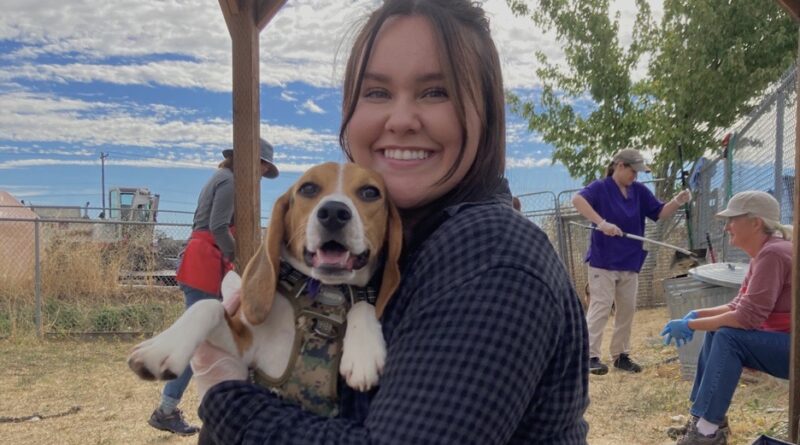Willamette Humane Society of Salem and Oregon Humane Society of Portland Winning through Collaboration
Carla Christian
50plus Magazine
Willamette Humane Society of Salem and Oregon Humane Society of Portland are no strangers to working together. For many years, they have joined forces to help abused and neglected animals.
When 35 cats were found in laundry baskets in a U-Haul truck, OHS cared for the most medically fragile while WHS tended to the healthier cats. And when 99 cats were seized in Polk County, WHS called on OHS for help caring for them all.
Over the past decade, this kind of collaboration between animal welfare agencies has made substantial headway in reducing overpopulation and the euthanizing of healthy animals. So, two years ago, when WHS started seeking a partner to help bring stability and enhanced services to animal welfare in the mid-Willamette Valley, OHS was a natural fit.
WHS and OHS are now in the process of merging operations to create Oregon Humane Society – Salem. The first step is for the new partner to understand the unique needs of the Salem community.
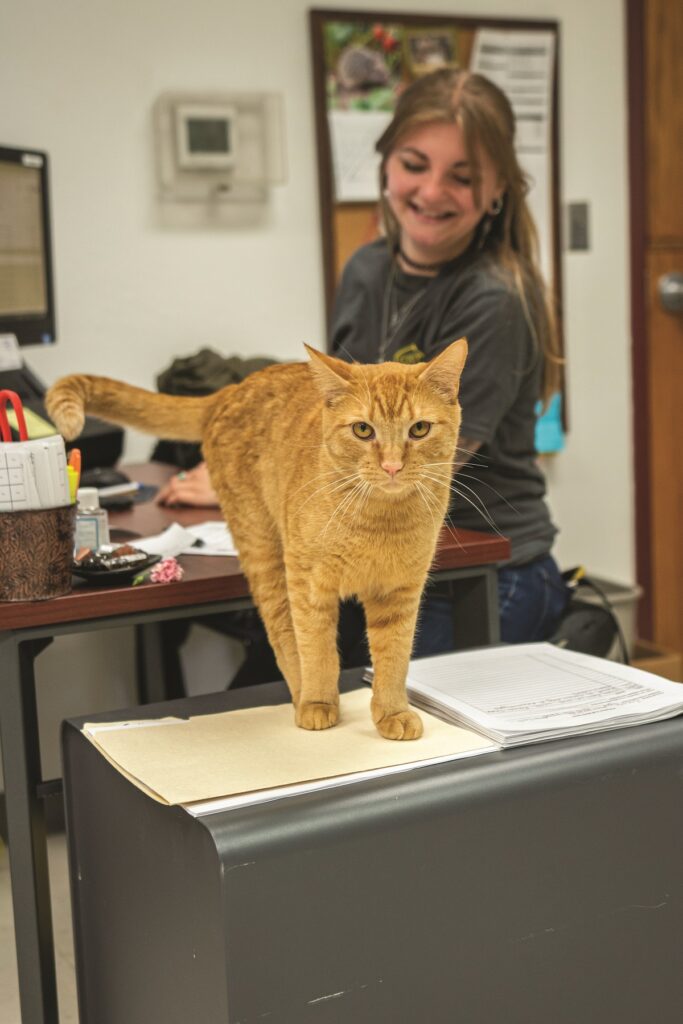
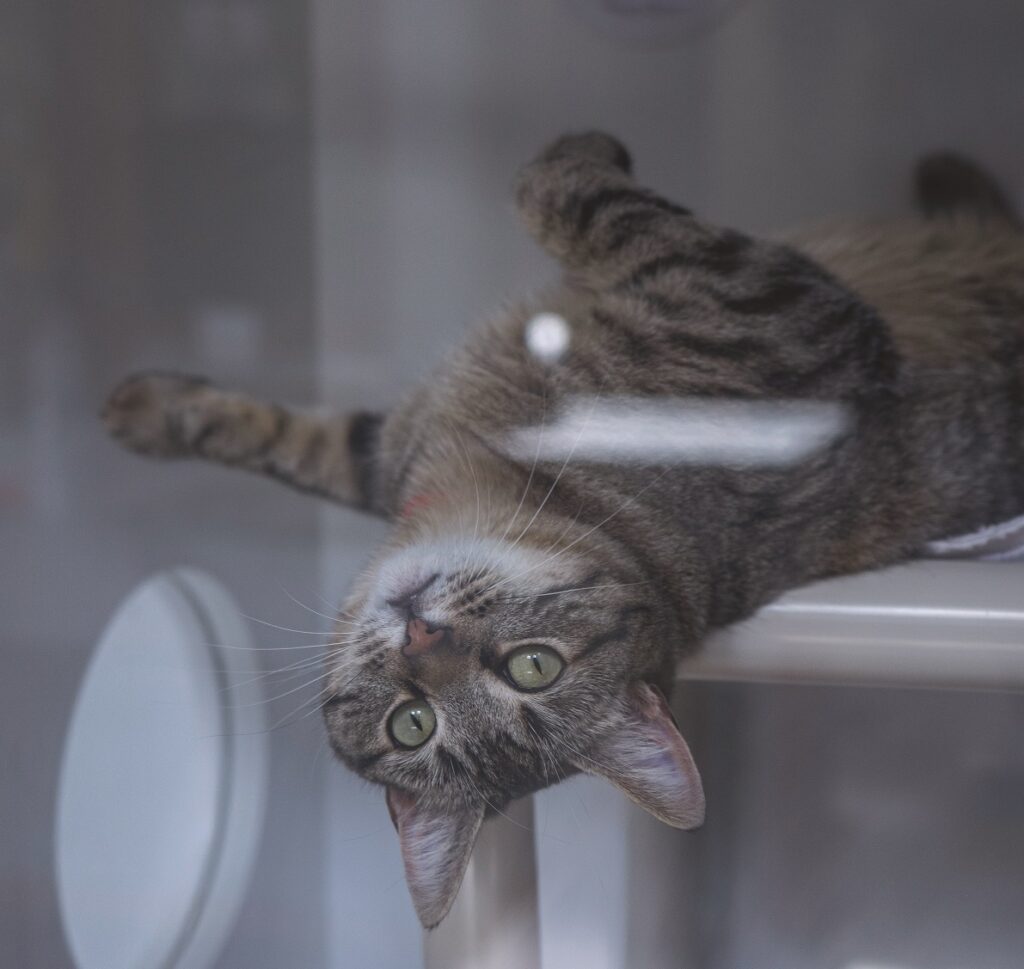
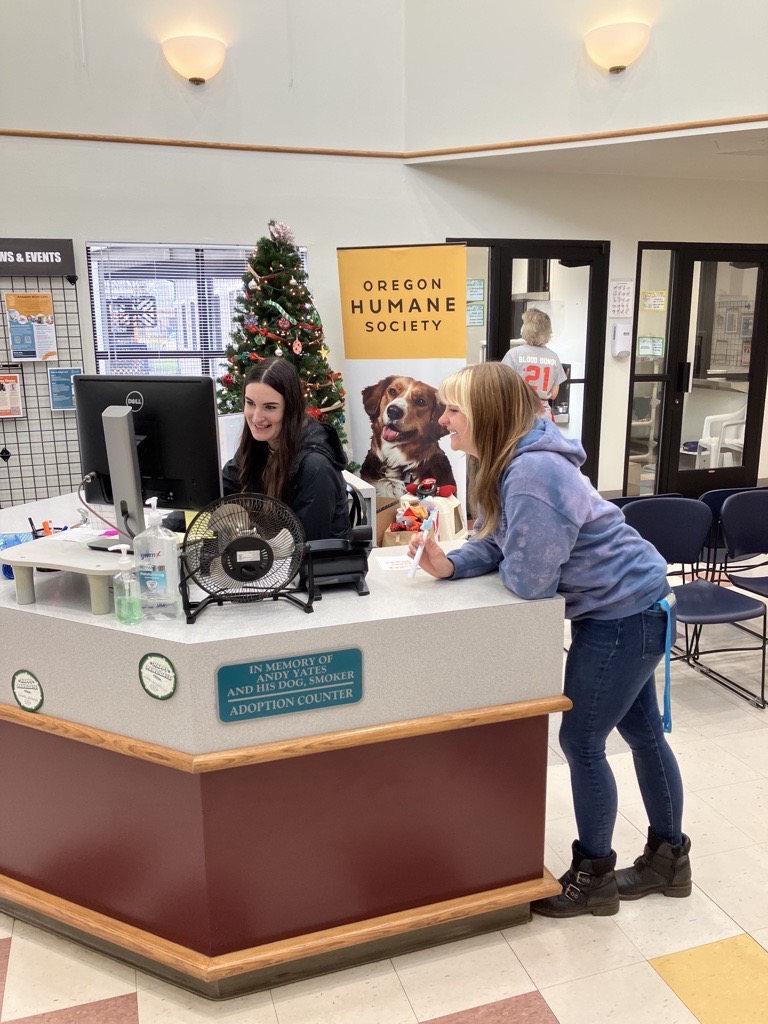
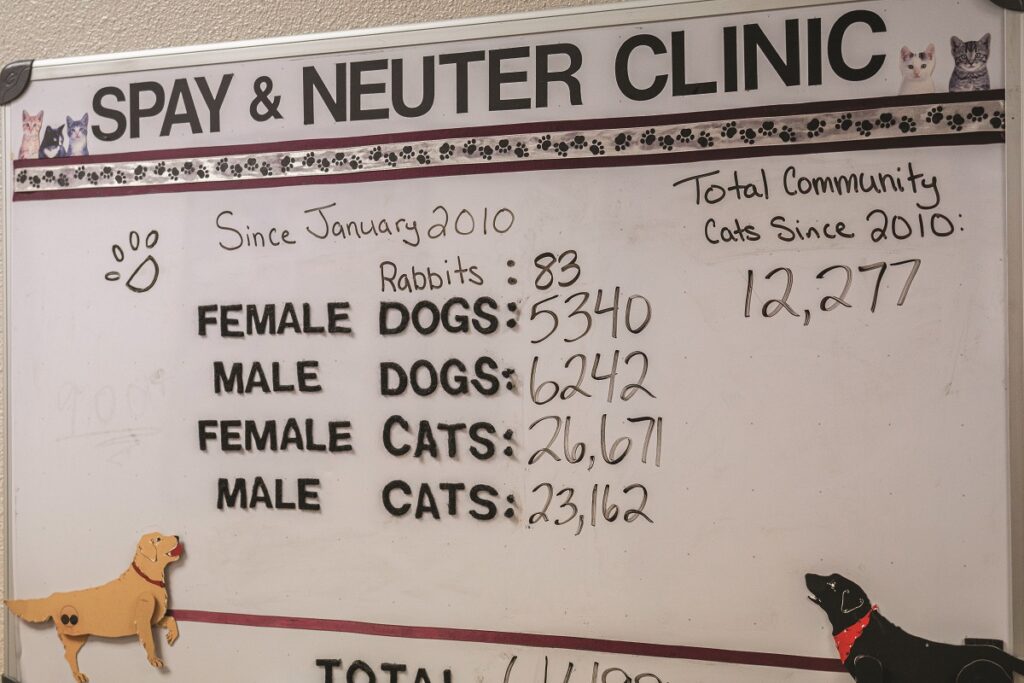
For example, OHS has partnered with other agencies for more than a decade to reduce the feral cat population in Portland through spay and neuter services for both owned and feral cats. Since Salem has lacked those services, there is an urgent challenge with cat overpopulation.
Merging services is becoming a best practice in animal welfare, says Laura Klink, OHS Media Relationship and Communications Manager. A multi-campus OHS will increase operational flexibility, expand the impact of OHS humane law enforcement, and meet the needs of more animals. Working together helps every dollar go further.
What won’t change is the safety net for the more than 2,000 pets adopted through the Salem shelter each year, and support for local pet owners.
Animal welfare has become about more than just adopting pets, Klink says. OHS can provide complex rehabilitation for even highly traumatized or ill animals.
In the past, if an animal had serious injuries, euthanasia was the most humane option. Today, OHS can provide specialized care like surgery, as well as foster homes and adoptive families willing to take on a pet with medical needs.
Some animals arrive at a shelter with serious behavioral challenges resulting from any number of abuses, including hoarding or neglect. Some dogs have never been on a leash, walked on stairs, or passed through a doorway. When dogs are overstimulated and lack training, they don’t know how to control themselves and they need to learn to just “do nothing.” This, according to Klink, can be even harder than learning a trick.
OHS receives about 3,000 calls and emails about animals at risk each year. In two out of three cases, a pet owner simply needs education and resources. When humane law enforcement officers respond, their truck is stocked with basics like pet food and flea medication.
The culture of pet ownership has changed over the years, with pets more often treated as family than property. Some are a person’s sole companion. When facing personal challenges, many pet owners fear having to rehome their pet. OHS is working to help keep pets with their families and out of the shelter.
“You can’t help pets without helping people,” Klink says.
With the combined strength of its new partnership, OHS-Salem can provide more animals, and their people, the help they need.

